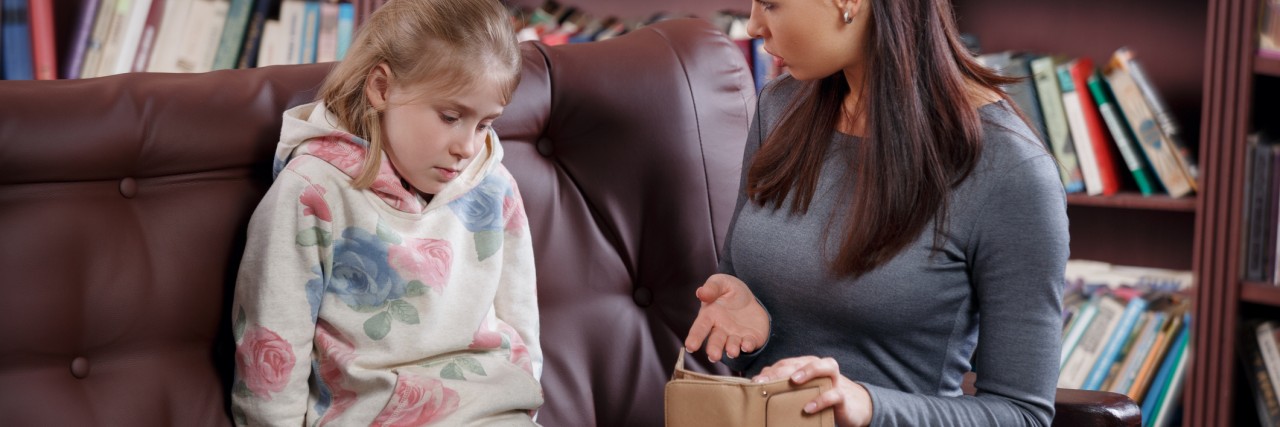To most parents, their child is the most important part of their world. When you are looking to reach out to get help for your child you are allowing someone else access to their inner world. No wonder this can feel so threatening. There aren’t as many child and youth therapists around as there are adult therapists so it would be easy to just go for the person who is nearest to where you live. This short article aims to give you some practical pointers on how to choose the right therapist for your child.
Are they qualified?
Firstly, make sure your potential therapist is fully qualified and part of a governing body such as the BACP, UKCP or PTUK. It’s important to remember anyone in England could call themselves a therapist, so don’t be afraid to check out their qualifications. You also want to see if your potential therapist has an up to date DBS Certificate (these used to be called a CRB Checks) to show they are cleared to work with children. Don’t be afraid to ask to see copies of these certificates — a good therapist will be happy to do so.
Are they qualified to work with your child’s age group?
On similar lines, look or ask what specific training the therapist has to work with your child’s age group and particular difficulties. Working with adults therapeutically is totally different to working with children. A children’s therapist (and I’m including young people in this category) need to have an understanding of the different stages of child and youth development and also how they communicate at different stages. Equally, you would want your therapist to have specific training in working with people under 18 or a lot of experience in doing so.
Any recommendations?
Your potential therapist may be recommended by someone you know. In the world of counseling getting reviews or recommendations can be difficult due to confidentiality and the delicacy of situations dealt with. Some therapists may be able to give you anonymous feedback from previous clients and this may be shown on their website. However, a lack of reviews doesn’t necessarily mean they are a bad therapist.
What is their therapy room like?
This may sound strange, but if you think about how your child decorates their room it is very different to how an adult may decorate their bedroom! In the same way, a good child or young people’s therapist will have their room presented in a way that is child or youth attractive. It should look like an “OK” place for your child to spend some time in and ideally should have resources e.g. play or creative materials that may help your child to communicate.
How do they get on?
Finally and importantly, if you go along to a first session, watch to see how your child reacts to the therapist and listen to what they think of them. There have been a lot of studies into what makes the difference in seeing a person move forward with their difficulties. Again and again the research has shown it is the quality of relationship between the client and therapist that makes the difference. After your first session, you want your child to want to go back again. That is the best sign you have found the right therapist for you.
If you follow all these steps you will have a much better chance of finding someone who will be a good match for your child.
Image via Thinkstock.

